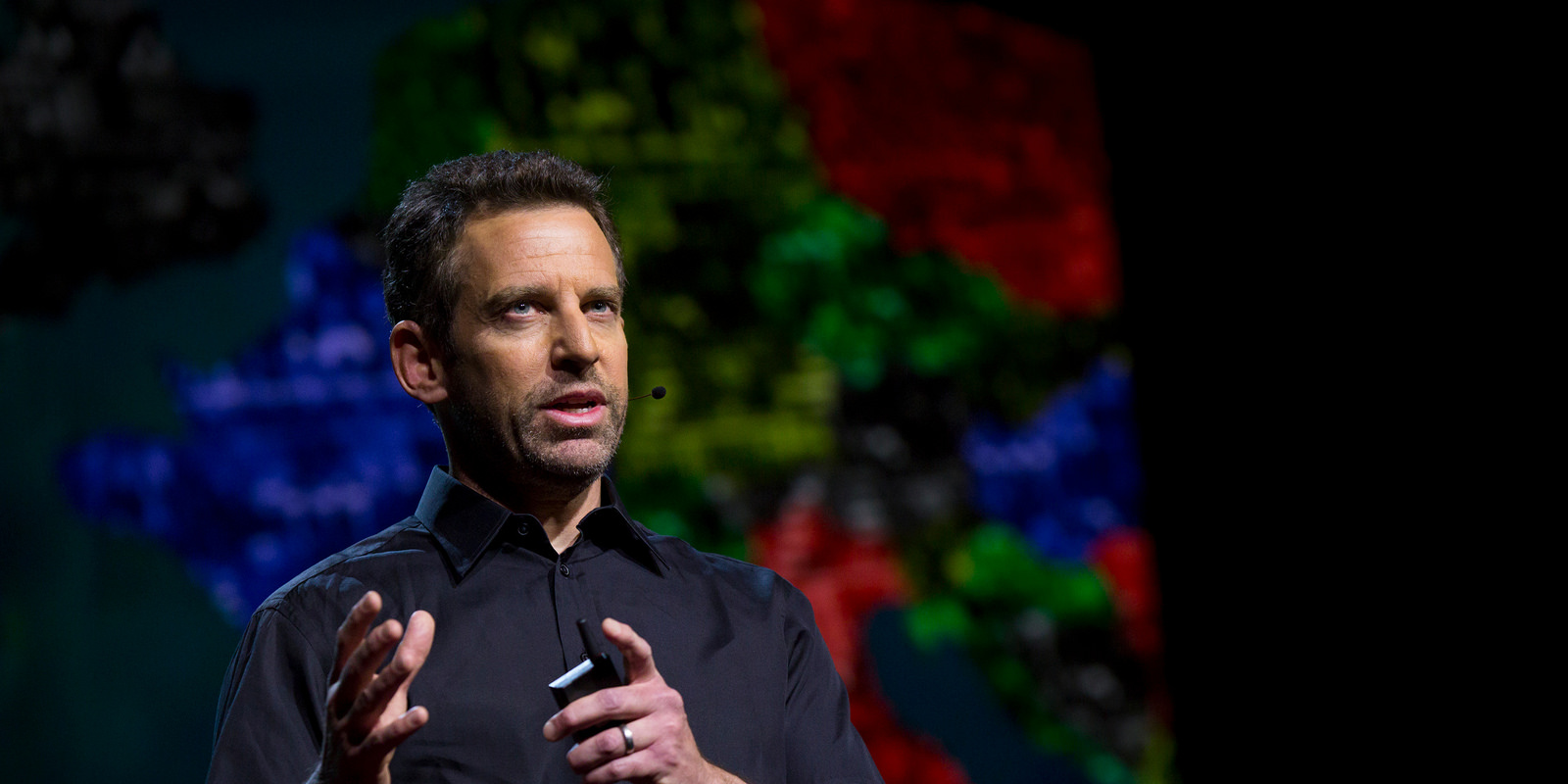- Sam Harris, a top Patreon user, said he deleted his account and accused the crowdfunding membership platform of “political bias.”
- The platform has barred several users on the conservative fringe who it said were associated with hate groups.
- Patreon indicated in an email to a user last week that patrons had been leaving the platform since it barred the conservative YouTuber known as Sargon of Akkad.
The owner of one of the top-grossing accounts on Patreon, the author and podcaster Sam Harris, said he deleted his account and accused the crowdfunding website of exhibiting “political bias” when it banned several accounts of users on the conservative fringe.
Harris made the announcement Sunday night on Twitter, where he has 1.1 million followers.
“As many of you know, the crowdfunding site Patreon has banned several prominent content creators from its platform,” Harris said. “While the company insists that each was in violation of its terms of service, these recent expulsions seem more readily explained by political bias. Although I don’t share the politics of the banned members, I consider it no longer tenable to expose any part of my podcast funding to the whims of Patreon’s ‘Trust and Safety’ committee.”
https://twitter.com/SamHarrisOrg/status/1074504882210562048?ref_src=twsrc%5Etfw
Harris' podcast, "Waking Up," has found significant support on the platform. According to Graphtreon, a site that tracks Patreon statistics, Harris had nearly 9,000 paying patrons at the end of November, when he had the fourth-largest podcast account and the 11th-largest account overall. The site estimated that Harris made $23,000 to $65,000 from Patreon per episode.
Harris, who has gained a wide following with his skeptical content touching on everything from AI to neuroscience, seemed to be referring in his statement to Patreon's recent purge of anti-progressive figures from its platform.
Read more: 9 podcasts that will change how you think about human behavior
Last week, Vice News reported that Patreon had barred Milo Yiannopoulos, a figure of the so-called alt-right, after he attempted to use the platform to fund a "magnificent 2019 comeback" tour. Patreon said the decision was based on Yiannopoulos' association with the Proud Boys, which it classifies as a hate group.
A day later, Patreon barred Carl Benjamin, a YouTuber known as Sargon of Akkad who grew to prominence through his videos attacking feminism and identity politics. He has since accused Patreon of political bias on his YouTube channel, which has more than 867,000 subscribers.
In August, James Allsup, a former Students for Trump adviser and associate of Yiannopoulos, was barred from Patreon because of what it said was his association with hate groups, according to Vice News.

The bans of conservative accounts on Patreon follow a slew of others from tech companies.
Last week, YouTube became the latest major social-media platform to bar Gavin McInnes, the founder of the Proud Boys. In November, PayPal banned the Proud Boys account. In October, both PayPal and Stripe, a payment-processing service, suspended services to Gab, the social-media site known for tolerating hate speech and groups.
Patreon appeared to acknowledge the backlash from patrons in an email to a user on December 10.
Evidence that @patreon/@patreonsupport/@jackconte are feeling some heat. Don’t pretend that you care about me, my channel, or my patrons. You’ll delete my account the second I say a bad word. pic.twitter.com/AovfNxRs0R
— Matt Christiansen (@MLChristiansen) December 11, 2018
"I understand that some of your patrons have left due to the decision of Patreon to remove Sargon of Akkad's creator page from our site," the Patreon representative said in the email, adding, "We want to provide you with the tools to make your Patreon experience a successful one and keep you feeling supported whenever you may need."
Harris appears to be one of the first major users to delete their account since the bans.
Harris is a self-proclaimed liberal but frequently appears in spaces that host new conservative personalities that challenge identity politics, such as the "Joe Rogan Experience," which has hosted conservative commentators like Ben Shapiro and Jordan Peterson alongside business and tech figures like Elon Musk.
The New York Times opinion writer Bari Weiss earlier this year identified Harris as part of the "Intellectual Dark Web," a collection of online personalities that range from centrist to conservative who have attracted significant online audiences by pushing against what's considered mainstream orthodoxy in numerous areas. His most significant overlap in thought with those peers has been his defense of race-based science, his criticism of Islam, and his focus on campus free-speech (for even the most extreme speakers).
Update: Shortly after the publishing of this article, Jordan Peterson announced in a chat with comedian and pundit Dave Rubin that he would be launching a Patreon alternative "that will not be susceptible to arbitrary censorship." He says his team hopes to launch the platform "hopefully before Christmas."
Work for Patreon and have a tip? Email Benjamin Goggin at [email protected].

